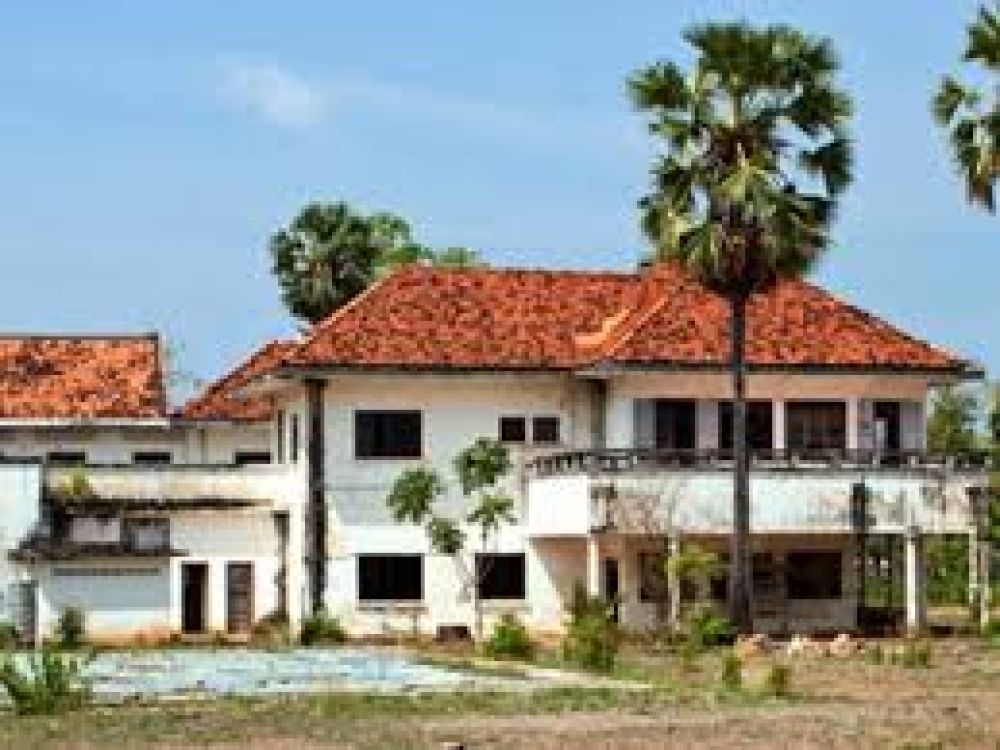

The King's Residence in Kampong Cham is a historical site that has drawn the attention of many visitors to this charming region of Cambodia. Although not as globally renowned as the temples of Angkor Wat, Kampong Cham and its attractions like the King's Residence offer a rich cultural experience for those looking to explore the history and beauty of Cambodia.
The tourism history related to the King's Residence in Kampong Cham is relatively recent compared to other historic sites in Cambodia. With Cambodia opening up to tourism in the late 20th century following years of conflict, areas outside the main drawcards like Siem Reap and Phnom Penh have only in recent years started to gain attention from international travelers. The King's Residence is part of Kampong Cham's push to showcase its historical and cultural significance.
The residence serves as an example of Cambodian architecture during the era of the French colonial presence. While it is not a royal residence on the scale of those found in Phnom Penh, it holds a nostalgic charm and functions as a symbol of the provincial history. Its unique blend of French colonial and traditional Khmer architectural elements tell a story of a time when Cambodia was at the crossroads of local governance and foreign influence.
In recent years, authorities have made efforts to preserve and promote the King's Residence as part of the tourism offerings in Kampong Cham. The building itself is often admired from the outside, as visitors contemplate the history that permeates its walls. The surrounding gardens offer a serene environment for those who wish to enjoy a quiet stroll away from the bustle of city life.
Eco-tourism and cultural tourism are the latest trends, with visitors seeking authentic experiences and sustainable travel options. In Kampong Cham, tourists can enjoy bicycle tours around the town and along the Mekong River, providing a more intimate look at the local way of life.
Another growing trend is the combination of volunteerism and tourism, where visitors can contribute to community projects. This deeper level of engagement with the local community is becoming increasingly important to socially-conscious travelers.
As food tourism expands globally, Kampong Cham is no exception. Visitors are looking for traditional Khmer culinary experiences. Local markets and family-owned restaurants offer an opportunity to taste the flavors of Cambodia, and are often included in travel itineraries.
Finally, digital nomadism is influencing tourism with more travelers looking for destinations that offer the ability to work remotely. Kampong Cham, with its peaceful atmosphere and improving internet infrastructure, is beginning to appeal to this demographic.
The King's Residence in Kampong Cham represents a burgeoning interest in the less-traveled regions of Cambodia. As tourism continues to evolve, destinations like Kampong Cham are well-positioned to offer a layered and enriching experience that goes beyond the traditional tourist hotspots, appealing to those seeking history, cultural immersion, and sustainable travel options.